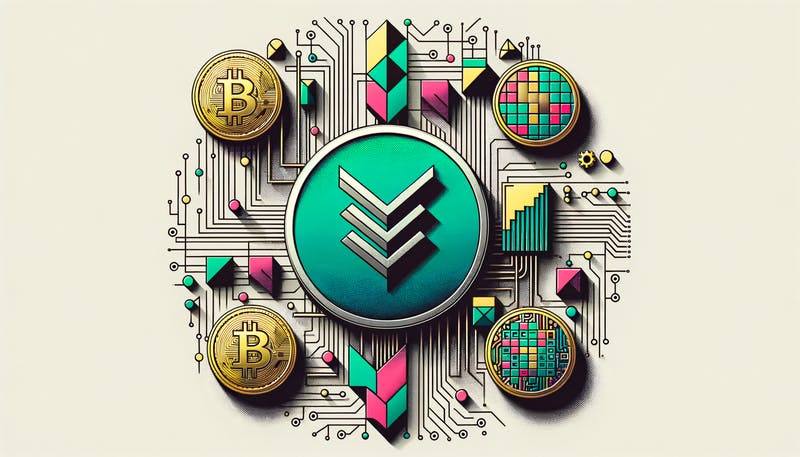The digital revolution is rapidly transforming the finance and entertainment sectors, particularly evident in the online gaming industry. Here, digital wallets and cryptocurrencies are significantly altering how players engage, transact, and enjoy games. This article explores the influence of these technologies on online gaming and digital entertainment, along with the opportunities and challenges they bring.
The Rise of Online Gambling and Digital Entertainment
Over the past twenty years, online entertainment has surged in popularity. Streaming services, esports, and multiplayer games have become central to how people relax and socialize. Online casinos, for instance, have utilized technology to provide interactive experiences that compete with conventional entertainment. Features like live dealer games, themed slots, and social gaming elements have enhanced the immersive nature of these platforms.
Nowadays, finding the best online casinos in Canada is easier than ever. The blend of accessibility and high entertainment value makes these platforms increasingly desirable.
What sets modern online gaming apart is its capacity to deliver personalized, on-demand experiences. Players can engage with games anytime and anywhere, often forming communities that stretch beyond gameplay. The incorporation of financial technology, especially cryptocurrencies and digital wallets, has accelerated this trend, making transactions within these virtual ecosystems more accessible.
Cryptocurrency’s Impact on Online Gaming
Cryptocurrency is revolutionizing the global online gaming landscape, introducing innovative payment, play, and earning methods. Many gaming platforms adopted bitcoin and other cryptocurrencies early, providing secure, decentralized, and transparent payment options. This transition improves transaction speed and security, paving the way for new types of games and business models, like blockchain games and play-to-earn formats.
Unlike traditional in-game currencies confined to specific games and controlled by developers, cryptocurrencies enable players to own, trade, and even transfer their digital assets across various platforms. This decentralization fosters a more open and fluid gaming economy, breaking down barriers between different games.
Digital Wallets: The Key to Smooth Transactions
Digital wallets are at the forefront of this transformation, facilitating quick, secure, and convenient transactions in both fiat and cryptocurrency. For players, these wallets provide instant deposits and withdrawals, reduced fees, and enhanced privacy. Many platforms also offer bonuses, rewards, and loyalty programs linked to wallet usage, further encouraging their adoption.
The convenience of digital wallets is particularly important in the global market, where gamers in regions with limited access to traditional banking can now participate in online gaming. Security features, including encryption and biometric signatures, provide an extra layer of assurance, leading to an increasing preference for digital wallets among gamers.
The Emergence of Play-to-Earn Models
One of the notable effects of digital wallets and cryptocurrency is the rise of play-to-earn economic systems. Games utilizing blockchain technology reward players with tokens or non-fungible tokens (NFTs) for completing tasks, which can be sold or exchanged for cash. This has established gaming as a legitimate source of income, especially in developing regions where work opportunities are limited.
Decentralized marketplaces allow users to trade assets without intervention from game developers, fostering economic autonomy and shared ownership. This transformation is blurring the lines between gaming, finance, and labor, creating new opportunities along with potential risks for players and developers alike.
The Boom of Crypto Casinos
Cryptocurrency casinos have experienced tremendous growth, fueled by their promise of anonymity, instant transactions, and lower fees. The global online gambling market is expanding rapidly, and crypto casinos are capturing significant market share through customer-oriented features and community-building approaches. Users enjoy immediate deposits and withdrawals, privacy, and innovative loyalty initiatives, while operators access new markets and foster community loyalty.
Challenges Ahead
Despite the advantages of integrating cryptocurrency and digital wallets, challenges persist. Issues like regulatory ambiguity, security threats, and volatility of digital assets pose ongoing concerns for both operators and users. As technology evolves, the industry must balance innovation with best practices to ensure sustainable growth and longevity.
Overall, digital wallets and cryptocurrencies are not merely altering how online gaming functions; they are redefining the intersection of entertainment and finance. As these technologies advance, they promise to offer even more engaging, widespread, and profitable experiences for gamers worldwide, reinforcing the dominance of online gaming in the digital economy.



